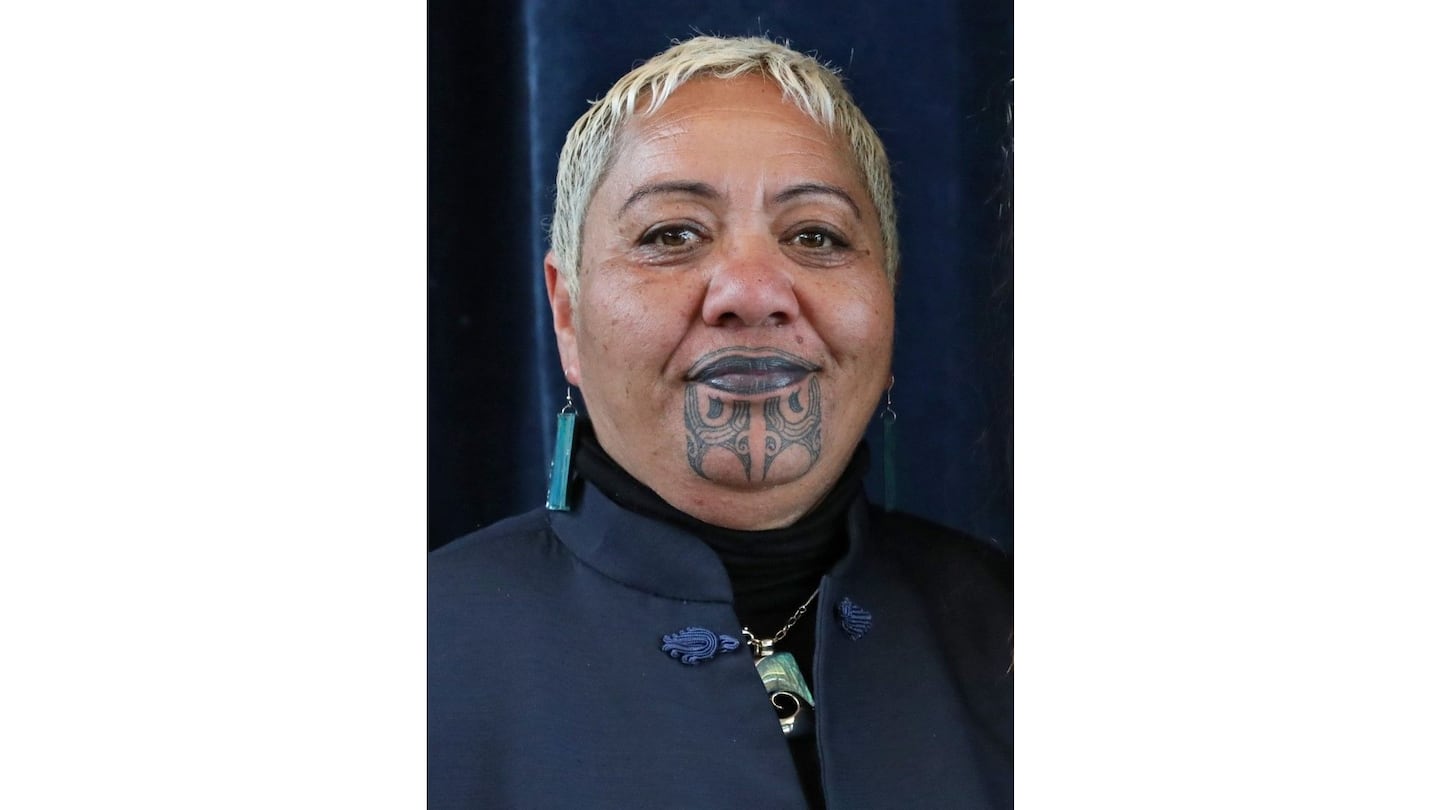Sitting councillor Coral Raukawa (Ngāti Apa) is seeking a third term on Rangitīkei District Council and her second representing the Tiikeitia ki Tai (Coastal) Māori ward.
Raukawa grew up in Marton and Whanganui and has spent more than two decades working in education, training and employment. Her early career included roles at iwi radio station Awa FM and Maatua Whāngai.
“Being in and around Māoridom, in and around our people, is not a new thing for me. I come from the mighty Rangitīkei, born and raised in Marton,” she says.
Raukawa first entered council through a by-election in a general seat before standing successfully in 2022 when Māori wards were introduced. She says her vision for the role is rooted in kaitiakitanga, whanaungatanga and manaakitanga.
“It’s about being who we are, authentically who we are. We are Māori, so I believe the role of a councillor is about kaitiakitanga. We’re entrusted with protecting and nurturing the district that we’re in, the whenua, the awa, the taiao, for future generations.
“I also believe the role is about whanaungatanga – building strong and respectful relationships with our fellow councillors, iwi, hapū and the wider community.”
Raukawa says her focus has been on building collaboration around the council table while ensuring the voices of Māori are protected and amplified.
“Māori councillors come to represent and serve, ensuring that we have the wellbeing of all people in mind, especially those who are the most vulnerable.”
Much of her recent energy has gone into encouraging voter enrolment and participation in the referendum on Māori wards, which is running alongside the local election. Raukawa says the stakes are high.
“If it’s a no to Māori wards then we will not have this conversation again about Māori wards for another 10 years.”
Retaining the Māori ward is about preparing a pathway for the next generation, Raukawa says.
“This referendum is about the future. It’s preparing the seat so it makes a way for future leaders to have a seat at the table when you absolutely deserve to be at that table, when it is your right to be at that table.”
Raukawa says there are 9300 enrolled voters on the Rangitīkei general roll, and 1700 on the Māori roll.
“That’s a huge difference and I would say that we’re vulnerable in terms of those stats.
“I’m encouraging those on the Māori roll but I’m also talking to those on the general roll to say yes to Māori wards and the reasons why. I’m also talking to the councillors around the table, asking them to promote the referendum to their constituents.”
Strengthening understanding between councils and iwi remains a challenge, she says.
“Me, I speak for the Māori community but I know that iwi have their own mana and voice. The relationship I’m talking about strengthening is not with iwi, it’s with council understanding where iwi are coming from and what their conversation is.”
LDR is local body journalism co-funded by RNZ and NZ On Air



